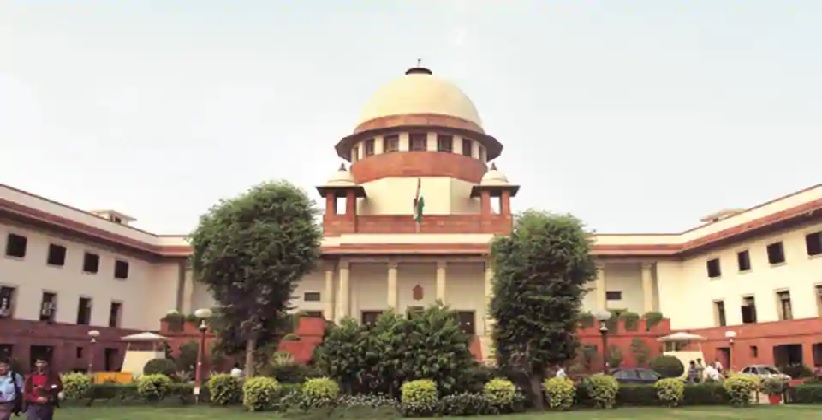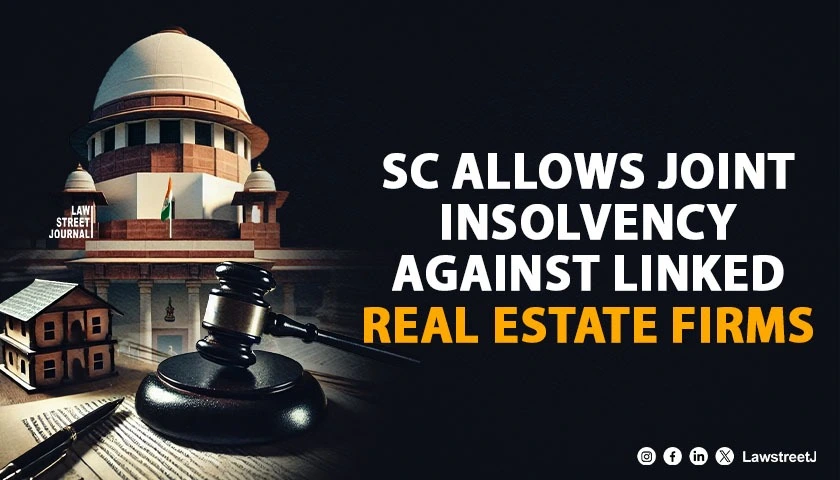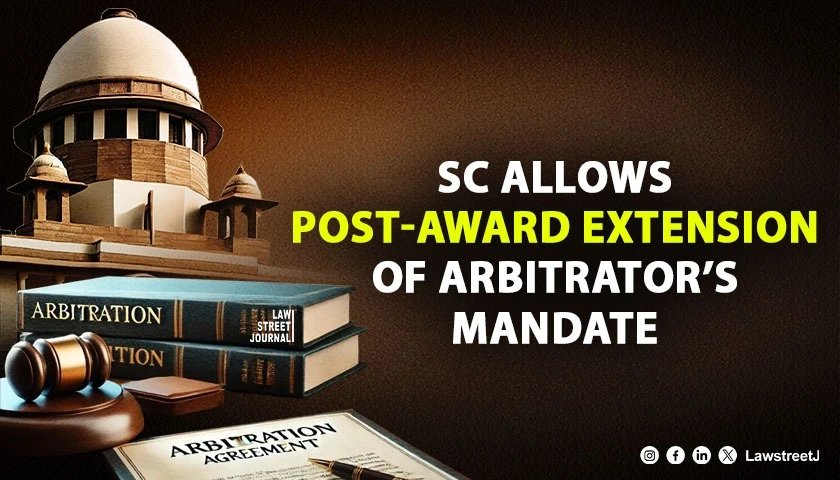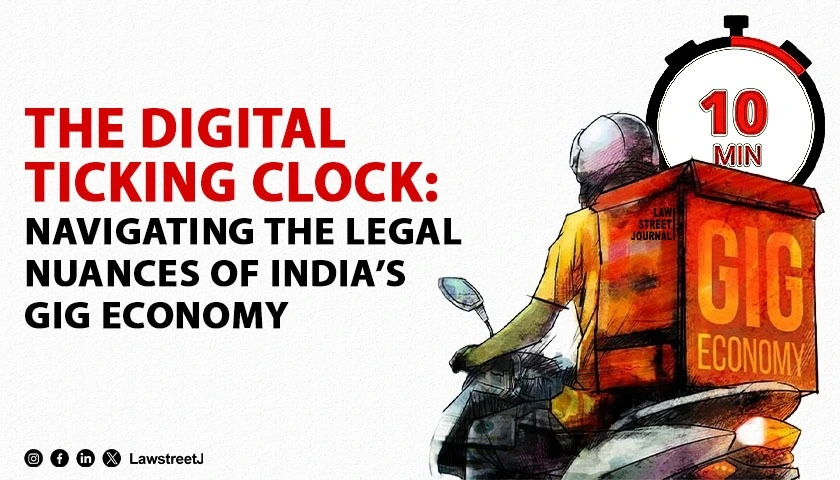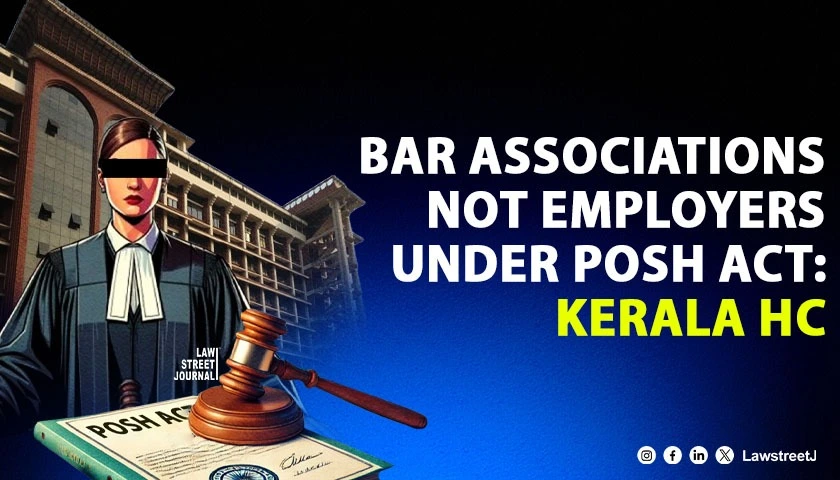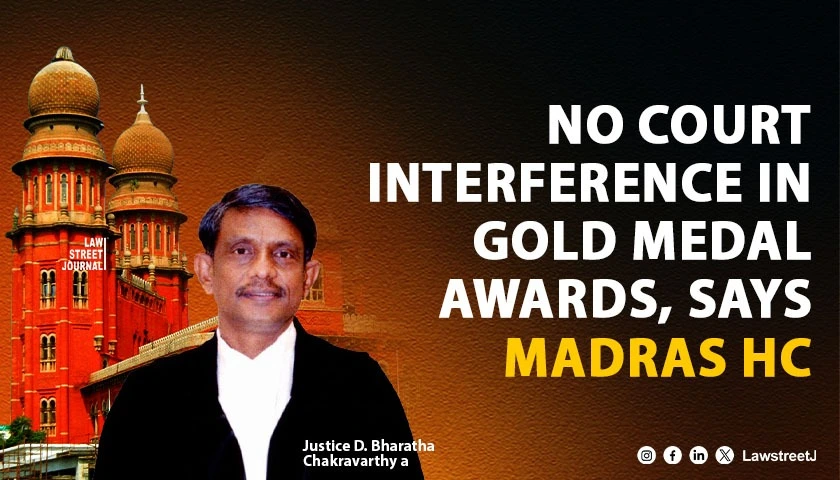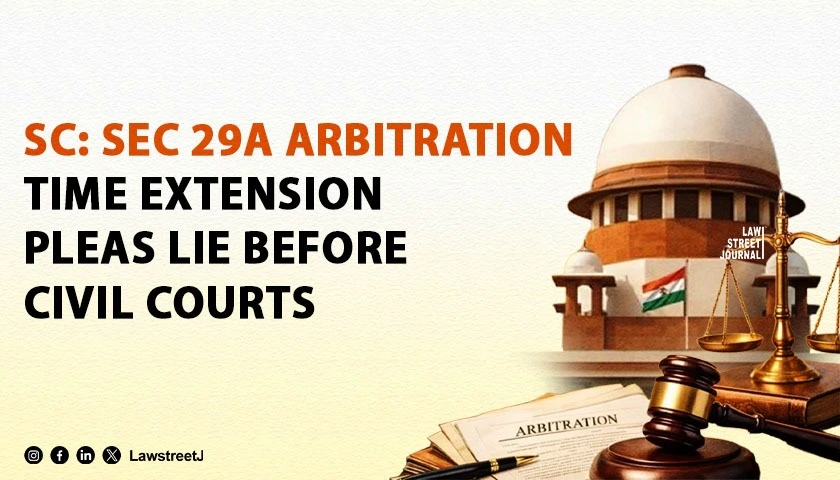First on March 13, 2020, the SC had notified that it will only take up urgent matters and nobody was to be allowed except arguing lawyers. Then on March 23, the SC had notified that matters involving extreme urgency would be heard via video conferencing. on April 15 again through notification, Standard Operating Procedure for Advocate/Party-in-person for Mentioning, e-Filing, and Video Conference hearing was laid down.
The same notification also laid down the direction of the constitution of benches for hearing matters involving extreme urgency, to be decided by the Honble Presiding Judge of such Bench(es) on the basis of prayer made by Advocate-on-Record/Party-in-person by way of a signed and verified mentioning application containing a synopsis of extreme urgency not exceeding one page, similar to the urgency affidavit filed during Court Vacation periods.
By April 18 notification was addressed to the Advocates-on-Record appearing for the Parties and Party-in-Person to notify that Curative Petitions and Review Petitions, which are ready for hearing, will be listed by Circulation in-Chambers. On the same day, through another notification, it was notified that short category matters, Death penalty matters and matters related to family law, which are ready, maybe listed for hearing through video conferencing mode subject to availability of the concerned Bench & prior approval of Honble The Chief Justice of India.
It was also directed that the parties desirous of taking up such matters for hearing through video conferencing, were required to furnish their joint consent along with particulars of the matter(s) at the earliest, latest by 24th April 2020, on the email address consent.list@sci.nic.in.
Following is the procedure for E-filing:
AOR needs to register on the official website of the Supreme Court to initiate the process. The AOR can register at https://main.sci.gov.in/efiling- registration.
The petition should be properly scanned and in PDF form. The maximum size of the scanned petition should be 5 MB and the petition should be duly signed by the filling AOR, in case the petition is of larger size then the petitioner can compress the petition or upload multiple files of 5 MB each under different heads available in the drop-down menu.
The petitioner should ensure that all the relevant documents such as Vakalatnama and impugned order are attached with the file. The petitioner should also ensure that proper Court fee is paid as per Supreme Court Rules 2013.
The AOR should ensure that proper details of the parties are inserted in the window provided for it. The details should contain the proper address of the parties with the Pin code.
The petitioner has to pay an amount of Rs 6 per page, the total amount and the total number of pages are displayed at the end of the procedure, the said payment can be made via online payment gateway.
Once the petition is completed and requisite information and payment are made, a Provisional Application number is generated. Pursuant thereto, a Diary Number of the Petition filed is also sent via SMS on the registered mobile number of the AOR.
The petitioner can file a letter requesting an urgent hearing of the matter. The letter should contain all the relevant details with a synopsis of the petition and reasons for urgency. The said application can be sent to mention.sc@sci.nic.in
Following the footsteps of the SC various tribunals like National Company Law Appellate Tribunal, National Company Law Tribunal, National Green Tribunal (both Principal as well as zonal benches), and National Consumer Disputes Redressal Commission, etc. have also started hearing of urgent matters through video conferencing.
The High Courts are also not behind when it came to adopting change amid COVID-19 lockdown. Almost all the HCs i.e. Delhi HC, Punjab & Haryana HC, Karnataka HC, Rajasthan HC, Gujarat HC, Bombay HC, Allahabad HC, Calcutta HC, Andhra Pradesh HC, Telangana HC, Madras HC, Madhya Pradesh HC, Himachal Pradesh HC, Guwahati HC, Jammu & Kashmir HC, Patna HC, Orissa HC, Kerala HC, Uttarakhand HC, Jharkhand HC, Chhattisgarh HC, Tripura HC, Meghalaya HC, Manipur HC, Sikkim HC have notified procedure and started to hear matters through video conferencing.

